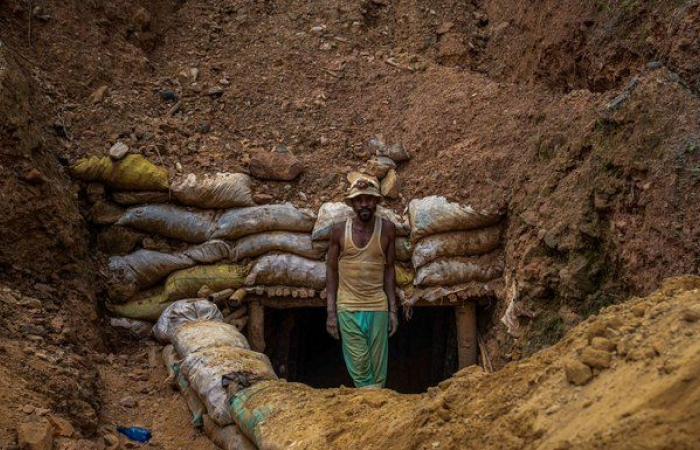The Democratic Republic of Congo recently filed a complaint against Apple in France and Belgium, accusing the tech giant of complicity in the use of minerals illegally extracted from conflict zones in the east of the country. Although Apple has denied any involvement, declaring that it guarantees the traceability of its supplies, the case highlights a complex and painful reality: the persistent chaos in the east of the DRC, the scene of foreign interference, mining exploitation and humanitarian crises.
The accusation focuses on the use of tin, tantalum and tungsten, three minerals essential for the production of smartphones and computers. According to the Congolese government, these materials are extracted in inhumane conditions, often through child labor and with the involvement of armed groups such as M23, supported by neighboring Rwanda. Kinshasa claims that Rwanda is stealing the region's resources, then exporting them to Western multinationals.
In addition to the economic dimension, the case reveals deep political tensions. The complaint against Apple appears in fact to be a means of drawing international attention to Rwanda's role in the DRC's conflicts. UN reporters have documented Rwanda's support for the M23, but so far mediations, including a recent one in Angola, have failed.
The RDC-Apple case brings the debate on the social responsibility of technology companies and consumers back to the fore. Despite international regulations aimed at curbing the trade of “conflict minerals”, videos and NGO reports continue to denounce dramatic working conditions: miners without protection, children in quarries and environmental devastation.
The DRC complaint could have a disruptive effect, forcing companies and governments to grapple with the full implications of mining. The hope is that, in addition to pointing the finger at foreign interference, greater attention will emerge towards respect for human and environmental rights along the entire production chain.






